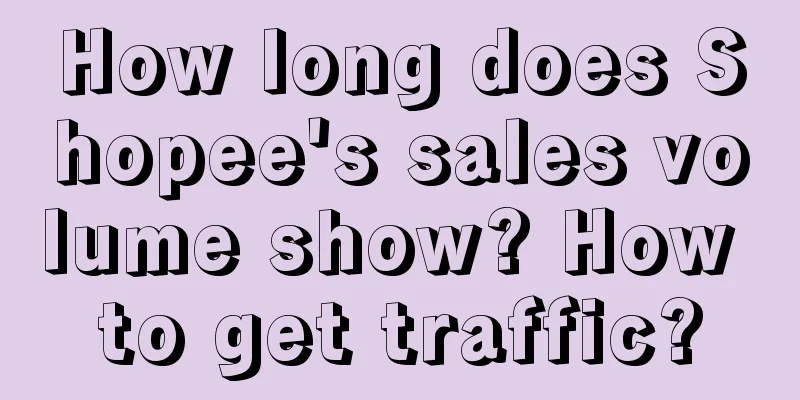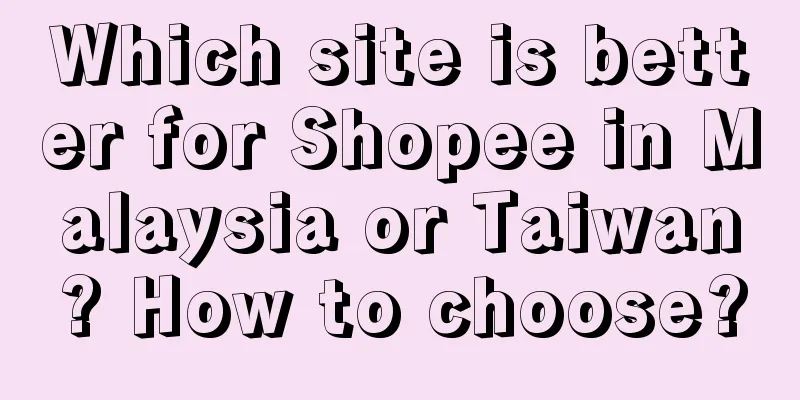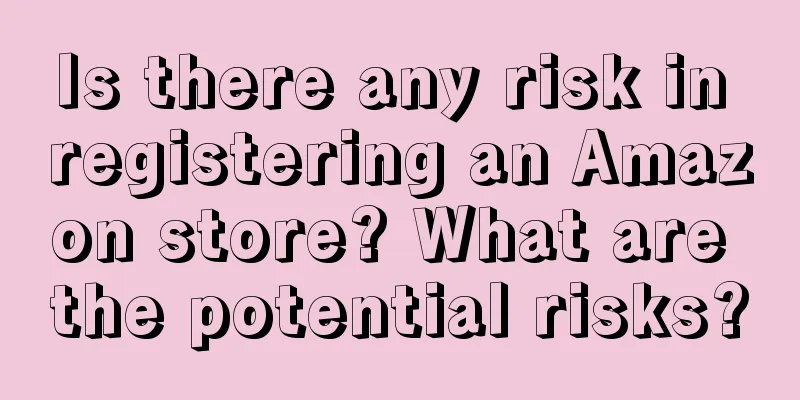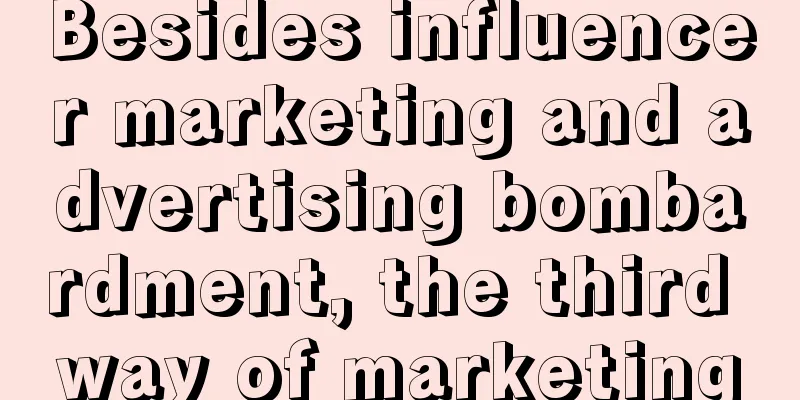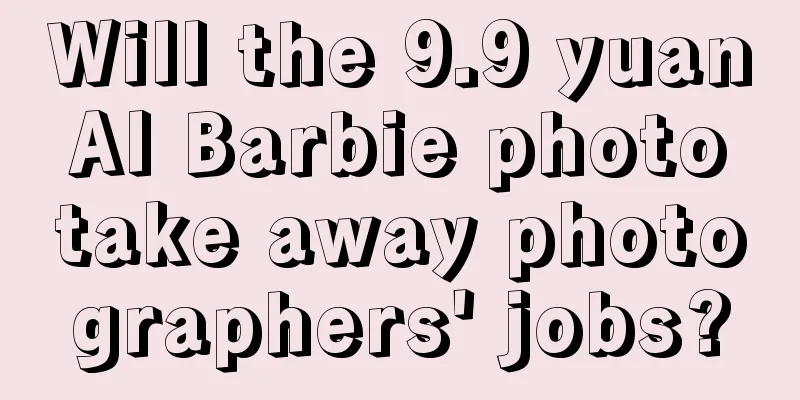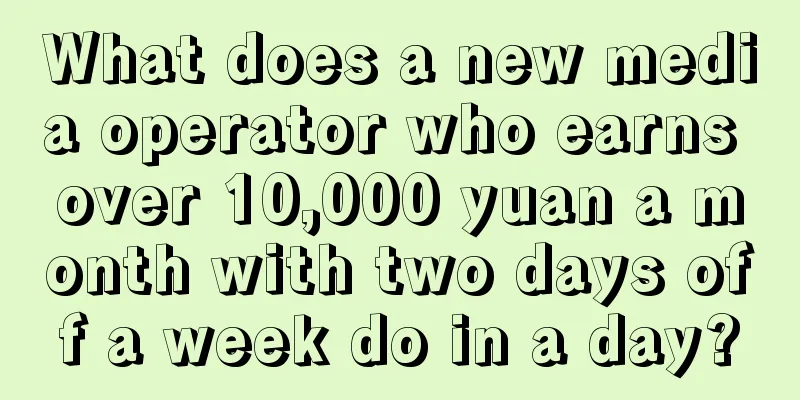There is a solution to the chaos of excessive filters in influencer marketing!
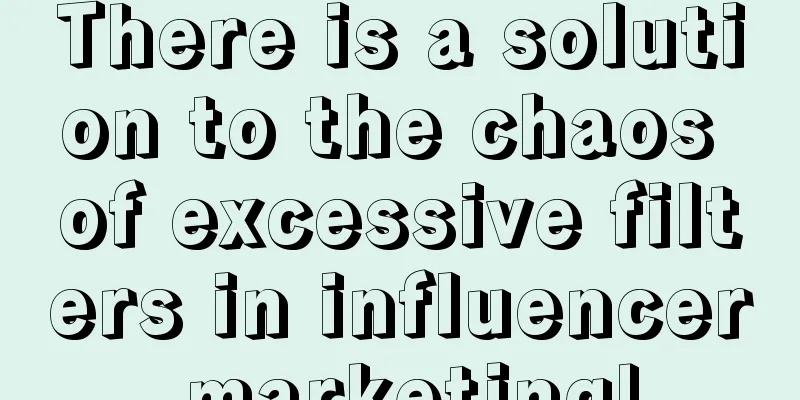
Recently, French Finance Minister Bruno Le Maire submitted a bill requiring influencers and content creators to clearly mark when they add beauty filters to photos or retouch photos. If their posts are advertising content, they must also be marked. Those who do not comply with this law will face a fine of up to 300,000 euros or even 6 months in prison . The French government claims that this regulation is to prevent fraud. Some Internet celebrities use filters when promoting beauty products to create the illusion that the product looks very different before and after use to confuse users. In China's Internet communication environment, excessive filters may also be suspected of being illegal . 1. The grave of “online fraudsters”In fact, DGCCRF (French Competition, Consumer Affairs and Fraud Prevention Directorate) conducted an investigation on more than 60 influencers and the public relations companies behind them in 2021, and released an investigation report at the end of January this year. The report pointed out that 6 out of every 10 influencers did not comply with relevant regulations on advertising or consumer rights protection, including false advertising using beauty filters to beautify the effects of product use. So for brands that rely heavily on influencers’ reputation and consumer relationships, this measure is actually a good sign. After all, in today’s era, presenting products authentically is not only appreciated by consumers, but also part of their requirements. Therefore, requiring influencers to mark the places where photos have been edited is a good thing for both consumers and brands. After the content of the bill was exposed, it also received support from many popular influencers. Squeezie, the influencer with the most fans on YouTube, wrote on Twitter, "I am very happy to see that the country has finally started to control 'online scammers'." Dr Nozman, another influencer with 4 million fans on YouTube, said, "I was worried that the law would overly restrict our freedom to create, but after seeing the full text, I think the government is preparing solutions to practical problems. I believe the law will guide people in the right direction." In fact, a public survey in France last year showed that French netizens generally believed that relevant departments need to strengthen supervision on these behaviors of influencers. For consumers, before receiving or using the product, consumers can be sure of what they are buying or what effect it will produce after use, which helps to increase their desire to buy, rather than hesitating due to doubts about the product's effectiveness. In this case, it will be easier for brands to establish relationships and trust with consumers and increase product sales through word-of-mouth communication among consumers. 2. Coincidentally, other countries have taken the leadFrance is not the first country to regulate the photo-editing behavior of internet celebrities. As early as July 2021, the Norwegian government has passed a formal legislation requiring celebrities and influencers active on the Internet to use government-designated labels in advertisements posted on social media if their figures, faces or skin are modified, even with filters. If there is no labeling and they do not admit to retouching, they will be fined and may even face the risk of imprisonment in extreme cases. If the public sees an advertisement that is suspected of being retouched but not marked, they can also report it to the Norwegian Consumer Agency. In 2022, the law was further improved: all advertisements, whether photos or videos, online or offline, must be clearly labeled as long as the characters in them are modified. The Minister of the Norwegian Ministry of Consumer Affairs, Trond Ronningen, said that they have set out requirements on how to label correctly and will provide guidance to advertisers and influencers. In addition, the Ministry of Consumer Affairs has set up a special web page for people to add black and white labels to photos. The position and size of the label cannot be changed. In addition, most officials from 16 German states have expressed the hope that the federal government will introduce legislation to require that photos and videos that use beauty filters to enhance portraits be marked to avoid misleading consumers, and the restrictions include advertisers and influencers. Countries such as Israel, Canada, and Australia have also made similar regulations for influencers, requiring them to mark the places where photos are edited. 3. my country’s chaotic filter situation urgently needs to be rectifiedI wonder if you feel familiar with what TOP said in the previous article about French influencers using filters to exaggerate the effects of products. Because this phenomenon also occurs frequently on domestic social platforms. When introducing a skin care product, the Xiaohongshu blogger "Meow Da Da Da Da" used a beauty filter to beautify the effects of the product, and even claimed that this was a "whitening product that can instantly brighten your skin after one use." It was eventually identified as false advertising by the China Consumers Association. On a certain complaint platform, some consumers complained that live broadcasts used beauty filters to beautify valuable items, deceiving and misleading consumers. As a result, the products they paid a lot of money for were completely inconsistent with the quality they saw in the live broadcasts, and the products had obvious defects. As a result, the merchants not only had a bad attitude, but also refused to refund. Many consumers said that the filters in the live broadcasts were the reason why they dared not place orders. Many consumers have been deceived by many Internet celebrity stores. By moving a few hay bales and putting up a few small tables and chairs, an Internet celebrity cafe that claims to have an "American farm style" was built. This cafe looks like this in the traffic blogger’s post: Doesn’t it look good? However, a consumer who was “cheated” found that the coffee shop without the filter looked like this: Or even this: TOP Jun posted the comparison picture here, not to define what "American farm style" is, but just to illustrate that many Internet celebrities, in order to gain traffic and make money, use powerful filters to excessively beautify consumption scenes or the products themselves, and the deceived consumers often have to pay for it themselves. The development of social media has made it possible for many people to promote products. It is understandable that influencers promote products, but they must also take the responsibility of protecting the rights of consumers. Consumers are not suckers, nor are they ATM machines. They choose to buy products promoted by traffic bloggers because they trust the bloggers. If the effect of the product is exaggerated through post-production photo editing, not only will the consumer market be lost, but also penalties will be faced. This proposal from France has also sounded the alarm for Chinese influencers. Every influencer needs to use the law and morality to constrain their advertising behavior, protect the rights of consumers, and maintain market order. Moreover, when the nest is destroyed, the eggs will be broken, and who can guarantee that their identity will not be transformed into a consumer at some point? 4. Excessive filtering may be illegal in ChinaIn response to the above phenomenon, Lawyer Xu Chao from Rongli Tianwen Law Firm was interviewed by TopMarketing. Lawyer Xu said that excessive filters and photo editing can lead to consumers being misled and infringe on consumers' right to know and right to choose. According to Article 55 of my country's Consumer Protection Law, if an operator provides goods or services with fraudulent behavior, it shall increase compensation for the losses suffered by the consumer at the request of the consumer, and the amount of increased compensation shall be three times the price of the goods purchased by the consumer or the cost of receiving the service; if the amount of increased compensation is less than 500 yuan, it shall be 500 yuan. At the same time, brands that entrust influencers to promote their products cannot remain immune. Lawyer Xu pointed out that in the Advertising Law, brands are advertisers, and influencers or influencer management organizations are advertising operators and publishers. The Advertising Law stipulates that if false advertisements are published, consumers are deceived and misled, and the legitimate rights and interests of consumers who purchase goods or receive services are damaged, the advertiser shall bear civil liability in accordance with the law. If advertising operators and publishers know or should know that the advertisements are false but still design, produce, and publish them, they shall bear joint and several liability in accordance with the law. Lawyer Xu said that my country is very likely to adopt similar measures as France in the future, and this is an inevitable trend. Protecting the right to know and the right to choose is a very important part of the Consumer Rights Protection Law and the Advertising Law. Even if the direct and clear supervision and legislation on photo editing and filters will lag behind slightly, the existing laws and regulations will not affect the regulation of excessive filters and excessive photo editing. There will be more and more administrative enforcement cases in this area, so we can wait and see. Finally, in response to the chaos of internet celebrities retouching photos in the current consumer market, Lawyer Xu believes that brands and internet celebrities must closely promote products or services based on their objective status and effects, and must not exaggerate the special effects of products or services; artificially manipulated filters and special effects attempt to deceive consumers and constitute fraud, which is not worth the cost. For consumers, Lawyer Xu suggested that they should evaluate the promotion of merchants and Internet celebrities from multiple dimensions, including common sense of image processing, objective common sense of products or services, online evaluation of the products themselves (especially paying attention to neutral and negative reviews), etc. Of course, once infringement is discovered, legal weapons should be used in a timely manner to safeguard their own rights and interests. Author: TOP Jun Source: WeChat official account: "TopMarketing (ID: TMarketing)" |
<<: Qunmaimai is shut down, Kuai Tuan Tuan takes over
>>: Old faces "disappeared collectively", newcomers on the Douyin track emerged
Recommend
60 million paying members, performance growth against the trend, 4000 words to dismantle Watsons membership operation
As an offline beauty retailer, Watsons has been ab...
How does Amazon add variations? How many variations can I add?
On the Amazon platform, adding variations means co...
Does Amazon Japan require VAT? What are the consequences of not registering?
More and more merchants are opening stores on the ...
It turns out that the Xiaohongshu account has no traffic because of this!
There are always many problems in operating Xiaoho...
How long does it take for the goods from Korea Gmarket to arrive? How long does it take for direct shipping to China?
With the rise of global cross-border e-commerce, m...
Writing with ChatGPT, four levels of prompt words
In this article, the author shares his own rules o...
20 Valentine’s Day copywriting with attitude, dare to love or dare not love!
Valentine's Day is coming soon. Many things ab...
The young man "selling" in the live broadcast room: some people watch but no one buys
In the increasingly competitive live broadcast roo...
The show was so popular that it was suspended. Da Bing, who was ridiculed by the public, made a comeback through live streaming.
In the whirlpool of online public opinion, Da Bing...
One million private domain users, monthly GMV of nearly 10 million, a complete analysis of the private domain of the new tea beverage dark horse Bawang Chaji
In the fiercely competitive tea beverage market, m...
A fire broke out in Oriental Selection’s backyard. Can big companies “not protect” super individuals?
Almost no one would have thought that the topic of...
What are the techniques for Amazon distribution? What are the differences between Amazon distribution and boutique products?
In today's e-commerce field, Amazon, as one of...
Interesting advertisements for the first half of 2024
In an era where all kinds of advertising and marke...
Is it easy to find a job in cross-border e-commerce in the future? What are the positions in cross-border e-commerce?
With the rapid development of globalization and di...
Establishing a data indicator system from scratch
Internet people deal with data in many scenarios a...
